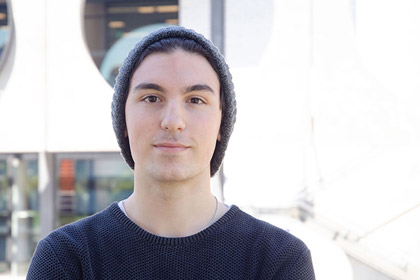CRICOS Course Code: 063385A
ǂ Domestic students can study this diploma online but need to attend on-campus practicals between one and five days per trimester, depending on the Deakin University degree pathway. International students cannot study this diploma online.
Course overview
Deakin College’s Diploma of Engineering is a broad introductory course that will prepare you with the skills and knowledge for a full spectrum of opportunities in the field.
Choose to specialise in civil, electrical and renewable energy, environmental and sustainability, mechanical or mechatronics engineering when you enter second year of your Deakin University bachelor degree.
Employment and career options upon completing your Bachelor degree:
- Aerospace
- Aircraft control and navigation
- Automotive industry
- Conservation and natural resource management
- Construction
- Design and manufacturing
- Electronic control systems
- Energy
- Factory control
- Government engineering
- Mining
- Oil and gas
- Roads and railroads
- Shipbuilding
- Robotics
- Waste and water management
Pathways to Deakin University
On completion of this Diploma you can pathway into the following degree at Deakin University:
Bachelor of Engineering (Honours)
Majors: Civil Engineering, Electrical and Renewable Energy Engineering, Environmental and Sustainability Engineering, Mechanical Engineering, Mechatronics Engineering
See ‘Transferring to Deakin University’ for availability of majors at each campus.


